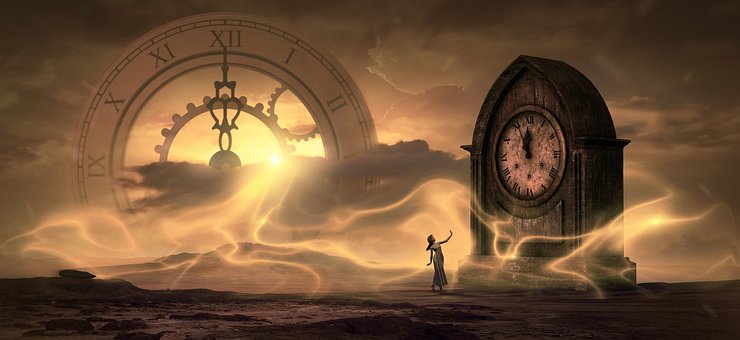It’s amazing how things change. I started with pondering how things strike you differently depending on where you are in life, and ended with pondering things that don’t age well, especially because of technology. Technology affects timeliness, and it's become more apparent in the new century.
How does that affect you? I read The Children of Men last week and, despite the fact that it’s heralded as one of P.D. James’ best works, struggled with it because it was a dystopian novel that takes place in 2021. Well, that was awkward. Here’s another one written in the 1990’s, but thanks to unexpected technological advances and COVID, it didn’t’ hold up well in my mind. Which is ironic, because I’ve read and enjoyed all of her Adam Dalgleish books immensely, despite the time warp element.
Another book I re-read at least once a year is Christopher Pike’s Die Softly. That’s the book that made me want to become a writer, and I’ve always found it fascinating. It’s about a teenage boy who sets up a camera wired to a VCR to take pictures of cheerleaders in the gym shower after practice. The last picture is of somebody sneaking up on a girl in the shower with a bat; who later dies in a supposed car accident. The mystery is brilliant but wiring a camera to a VCR seems antiquated now. Not to mention two places where he talks about “the art of developing a picture,” an art that is all but unknown now. But I still enjoy this book.
I don’t think it’s an issue of whether things age well. Rapid advances in communication and technology mean that it’s inevitable. The issue is whether we, as readers, can roll with it. For me, it’s a question of genre. I can do the “mental toggle” easier with a mystery than scifi, probably because a well plotted mystery is timeless. General fiction, thrillers, and probably romance are the same: some elements might become dated, but a good story stands. Scifi is more intertwined with the setting (and definitely the technology), so that makes it more of a struggle. Especially if it’s old scifi, looking forward to flying cars and laser guns in the distant year of 2000. Yea. Or maybe not. I think fantasy is the only genre exempt from this, because it creates new worlds with new rules that are completely separate from the world we know.
It’s definitely why I write my scifi to take place enough in the future that it’s beyond my lifetime. I’ve already seen elements of Blurry become dated, and that came out in 2011. Staying ahead of the curve isn’t easy. It can be fun and is interesting to project into the future, but there are challenges, backwards and forwards. Technology can do that. On my last revision of Broken Time, I noticed that I mentioned her air conditioning clicking on, and thought “smart thermostats don't click.” It’s not developing film, but you never know what might strike a reader. Little things are just as likely as big things to trigger mental dissociation as big things.
The world has changed in our lifetime, and it’s inevitable that we’ll face that imbalance. The question is how it triggers us mentally. The distant year of 2021 is the past now, along with book signings and developing film. But some thing are timeless and, when mixed with these elements, go together alright. And perhaps it can work in our favor with the charm and nostalgia that go with the holiday season.
That’s all today. Take care. Have a happy Friday and a wonderful weekend.
Bye!

 RSS Feed
RSS Feed